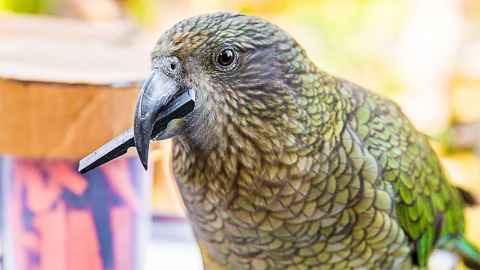Maths Week 2020 will be on from Monday 10 August until Friday 14 August.
 Last year there were 288 441 students and 6657 teachers registered throughout New Zealand. This is an increase of 5594 students and 543 teachers from 2018.
Last year there were 288 441 students and 6657 teachers registered throughout New Zealand. This is an increase of 5594 students and 543 teachers from 2018.
Maths Week is written for all students from Year 1 through to Year 11.
It is available free, on-line, to teachers, parents and students.
Maths Week material is written:
- to encourage students’ interest in mathematics and statistics
- to give teachers resources that they can use in the classroom, particularly material that requires some research and which may not be readily available to them, or that can be used electronically in class
- to show the pleasure that mathematics can provide and some of the everyday places where it can be used
- to give teachers material that can provide extension.
Maths Week has five levels:
- Level 1 – primarily for Years 1 and 2.
- Level 2 – primarily for Years 3 and 4.
- Level 3 – primarily for Years 5 and 6.
- Level 4 – primarily for Years 7 and 8.
- Level 5 – primarily for Years 9, 10 and 11.
This year, the Maths Week sections are similar to those of 2019.
- Survivor series. A series of in-class tasks at levels 1 – 5 for each day during Maths Week. Each day’s tasks has a theme (the same theme for all levels).
- Maths Millionaire. Maths questions, with junior (Years 5 and 6), middle (Years 7 and 8), senior (Years 9 – 11) and family divisions.
- The Maths Chaser. Maths questions at each of levels 2 – 5.
- Daily Dollar. Maths activities at each of levels 1 – 5.
- Dollars and cents. Questions to encourage financial capability (primarily for Years 9 – 11) for each day during Maths Week. Each day’s questions has a theme.
- Super Challenge. One mathematical challenge each day for four days. Those who answer all four correctly can get a certificate.
- Some Maths Matters. Five chapters on various mathematical topics.
- Two interactive games.
Maths Millionaire and the games are easily accessed by students on their tablets or phones.
Teachers who register for Maths Week have access to answers to questions and other notes.
For teachers to register themselves and their class numbers, go to https://www.mathsweek.co.nz/


